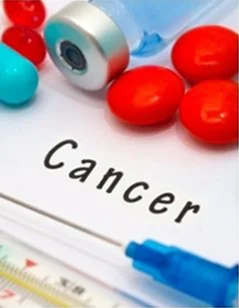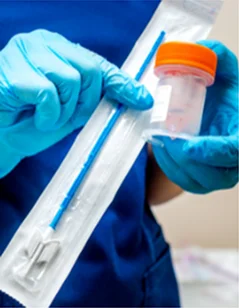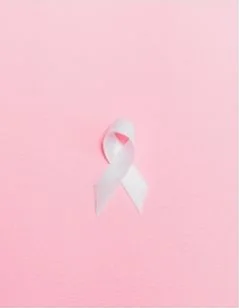Testicular cancer is a rare but treatable form of cancer that affects the male reproductive glands found in the scrotum. Although a diagnosis of testicular cancer can be frightening, it's important to remember that the prognosis for this type of cancer is often favorable, particularly when detected early.
Surviving testicular cancer is a remarkable achievement, and it's crucial for survivors to be aware of what to anticipate in the years following their diagnosis and treatment. This article will explore what survivors can expect regarding their physical, emotional, and sexual well-being after being diagnosed with testicular cancer.
Physical Fitness
After undergoing therapy, testicular cancer survivors may experience a range of physical symptoms. These may include fatigue, muscle weakness, and appetite issues. In some cases, survivors may also experience long-term side effects from chemotherapy or radiation therapy.
Infertility is one of the most prevalent long-term side effects of testicular cancer treatment. Radiation therapy and chemotherapy can damage the sperm-producing cells in the testicles, making fatherhood difficult or impossible. It's important to note, however, that not all survivors will face infertility, and for those who wish to have children, various options are available, such as sperm banking or assisted reproductive technologies.
Lymphedema, which is characterized by swelling due to a buildup of fluid in the body's tissues, is another possible long-term complication of testicular cancer treatment. After surgery, lymphedema in the legs or genitals can develop, but it can be treated with compression therapy or other methods.
Also Read: Best Things You Can do to Prevent a Breast Cancer Relapse
Emotional Well-Being
Surviving testicular cancer can be an emotional journey, and survivors may experience a range of emotions following their diagnosis and treatment. Examples of these emotions include anxiety, depression, fear, and a sense of isolation.
During this challenging time, survivors should seek emotional support, whether by confiding in a trusted friend or family member, joining a support group, or receiving professional counseling. Support groups can be highly beneficial for survivors since they provide a safe and supportive space for people to share their experiences, connect with others who have gone through similar situations, and learn coping strategies.
Sexual Wellness
Testicular cancer and its treatment can impact a survivor's sexual health. Erectile dysfunction, which is characterized by the inability to achieve or maintain an erection adequate for sexual intercourse, is one of the most common side effects of treatment. Surgery, radiation therapy, and chemotherapy can all potentially cause erectile dysfunction.
It's important to note that not all survivors will experience erectile dysfunction, and various treatment options are available, including medications, suction devices, or penile implants.
Survivors may also experience changes in their sexual drive or desire to engage in sexual activity. Several factors can contribute to these changes, such as hormonal imbalances, anxiety or depression, and alterations in body image.
Survivors should be open with their partners about any issues or changes in their sexual health and work with their healthcare team to develop a plan to manage any physical or emotional challenges.
Care After the Procedure
After testicular cancer treatment, survivors will need to undergo regular check-ups to monitor for signs of recurrence or other issues. This may include routine blood tests, imaging tests, or physical exams.
Survivors should attend all follow-up appointments and inform their healthcare team of any concerns or symptoms. By staying on top of their health and undergoing regular monitoring, survivors can assist in the early detection and treatment of any abnormalities.
In addition to regular follow-up care, survivors can also benefit from making lifestyle changes that promote their overall health and well-being. This may involve eating a healthy diet, engaging in regular exercise, and avoiding smoking and excessive alcohol consumption.
Also Read: Complete Guide Breast Cancer - Introduction, Types, Stages, Causes and Diagnosis
Summary
Surviving testicular cancer is a significant achievement, and it's important for survivors to understand what they may experience in the years after their diagnosis and treatment. While survivors may encounter physical, mental, and sexual changes due to therapy, there are numerous resources available to help them manage these challenges and lead healthy, fulfilling lives.
Survivors of testicular cancer can live long, healthy lives by prioritizing their follow-up care and making lifestyle changes that promote their overall well-being. With the right support and resources, survivors can move forward with confidence and optimism for the future.








%20(1).png)
.png)
%20(1).png)


%20(1).png)




%201.png)
